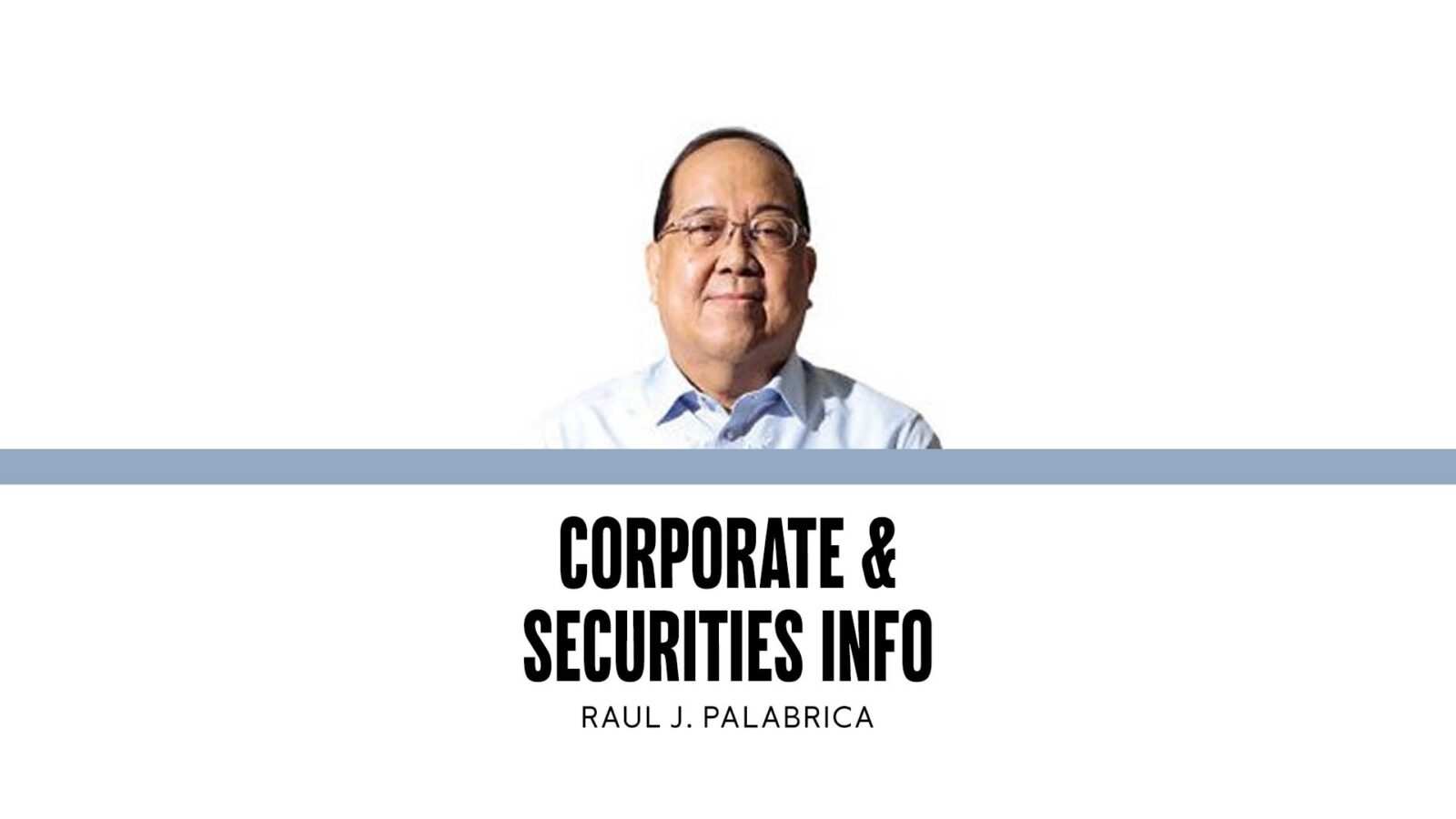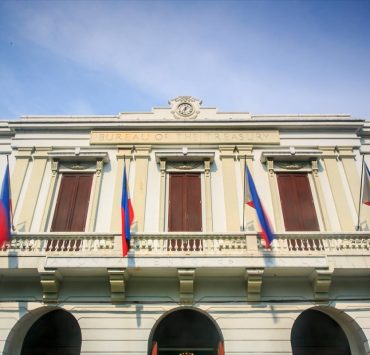Incentives for foreign investments

With the recent signing into law of Republic Act No. 12252, foreign investors may now lease private lands in the country for an aggregate period of not more than 99 years.
The premises that may be leased can be used solely for approved and registered investments and shall comprise such area that may be required for the investment as may be agreed upon by the parties, subject to existing government regulations.
Prior to the enactment of this law, foreigners were allowed to lease lands for 50 years, renewable for another 25 years, or a maximum period of 75 years.
Apparently, the 75-year period is not attractive enough to foreign investors who think that period is too short for them to be able to lucratively profit from their investment, hence the increase in the lease period to 99 years.
The close to a century lease could appeal to foreign investors engaged in, say, tourism and mixed-use real property development projects that have long gestation periods and high construction and maintenance costs.
The new incentive jibes with a similar action of some neighboring countries that have had this arrangement for decades and effectively managed it to their advantage.
Based on business commentaries, there are three things that foreign investors take into consideration about a potential host country in deciding where to put their money, namely: political and economic stability; strong and reasonable regulatory environment; and policies that encourage investments.
With millions of dollars’ worth of investment on the line, they expect long-term contracts with and commitments by the host government or its instrumentalities to be scrupulously honored and complied with because they base their financial and operational plans and programs on them.
Not for charity
Bear in mind that they invest to make money for their stockholders and not for some missionary objectives. If, in the process, the investment contributes to the economy of the host country, that’s just icing on the cake.
Although the political ideology of the host country may sometimes be controversial, that issue is often the least of their concerns as long as they keep their head low and comply with its rules and regulations, especially with regard to financial remittance, which is the principal reason for the investment invitation.
Note that foreign investment is, by its nature, a trust and confidence arrangement where the burden of maintaining that status rests principally on the host country.
Thus, for example, in the Philippine context, it does not inspire confidence if—after the parties have agreed that their disputes shall be resolved by an arbitration panel and a decision is adverse to the host country— the latter casts aspersions on and refuses to comply with it.
Worse, the winning party, under threat of some punitive action, was compelled to waive the award and submit to the demands of the “loser” instead.
Neither does it build trust in the sanctity of contracts if the agreed term of the contract is reduced to accommodate business people close to the powers-that-be who want to have a piece of the action at minimal costs.
In the highly stratified world of foreign investors, word about countries reneging on their contractual obligations for populist reasons or to favor politically influential parties at the expense of investors easily spreads around and sends alarm bells.
These incidents offset the otherwise favorable investment pluses of the country in terms of comparatively less expensive cost of living, availability of a huge pool of talented and trainable workers and facility of communication in English.
It remains to be seen whether the 99-year lease period will see foreign investors making a beeline to the Philippines to take advantage of that incentive.
Considering the many hits and misses in the efforts to attract foreign investments in the country, it would be prudent to manage our expectations about this latest action.



















